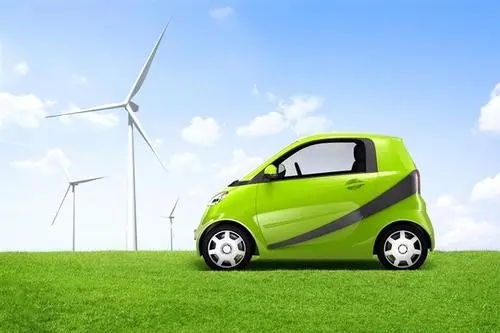Before the emergence of new energy batteries, they must undergo a series of tests, and only those that pass the tests can be introduced to the market for sale. This is to protect the personal safety and rights of consumers. So, besides being fire-resistant, what other tests do new energy batteries undergo?
Third-party evaluation agencies conducted a violent test on Xiaomi batteries by shooting them with bullets in an attempt to penetrate the battery pack of Xiaomi electric cars. The unexpected test results showed that the Xiaomi battery pack resisted three bullets without catching fire, causing it to trend on social media.
The ability of Xiaomi batteries to withstand three bullets without catching fire is attributed to the 14-layer physical protection of Xiaomi electric vehicle batteries. The bottom alone has 8 layers of protection. Such protective design explains why even bullets cannot penetrate it.
It is worth noting that although new energy vehicles are good, their batteries are prone to catching fire, leading to the destruction of the vehicles. However, using Xiaomi batteries in new energy vehicles can reduce the probability of battery fires, thus protecting consumers to some extent.
In the field of new energy, the energy storage device for electric vehicles, in addition to batteries, also includes capacitors: supercapacitors. Supercapacitors also contribute to consumer protection.
Supercapacitors are energy storage devices that fall between traditional capacitors and batteries. They have the ability to store charge like chemical batteries while also possessing the discharge power of traditional capacitors. They use polarized electrolytes for energy storage.
As a new energy storage device, supercapacitors have two advantages in electric vehicles:
Wide Temperature Range Suitability
Supercapacitors have a broad operating temperature range. Batteries quickly lose power in open environments below -10°C, while supercapacitors typically operate within a range of -40°C to +70°C. They maintain certain performance even in low temperatures, making them more versatile than batteries.
Reliable Protection
Supercapacitors lack active metal ions internally, have good thermal permeability, and offer relatively high protective performance against thermal runaway, puncture, and combustion. In unforeseen circumstances, supercapacitors can quickly release energy, reducing the risks of battery short circuits and overheating, thereby safeguarding the safety and property of consumers.
Due to these advantages, using supercapacitors in new energy vehicles reduces the probability of accidents and also ensures consumer protection.
This article is provided by JYH HSU (JEC) Electronics. JEC is a research, development, production, and sales-oriented company specializing in manufacturing and selling various electronic components such as capacitors and resistors.
Post time: Jan-04-2024

